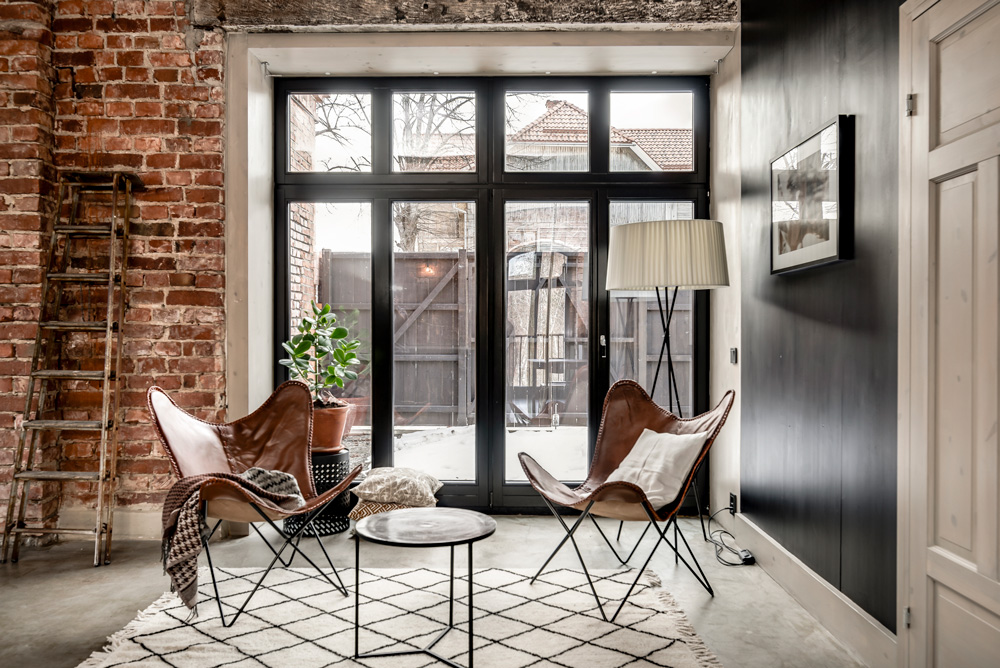Windows are often overlooked, but they can make all the difference when it comes to how you organize your home, how comfortable you feel, and how well it functions as a whole. This guide will show you how to choose the right windows for your home, including information about some basic window types and how to measure your home for the best window options.
What Are the Different Types of Windows?
There are many different types of windows, but the most common window types are casement, double-hung, and picture.
- Casement: This type of window is hinged on one side with a crank that you use to open and close it. The benefit of this type of window is that it opens outward and provides better ventilation than other types of windows.
- Double-hung: A pair of windows that open vertically to provide natural light and ventilation. These windows are typically operated with a crank or a handle on the bottom sash. They can be opened up all the way for maximum light and ventilation or closed by putting the top down.
- Picture: This type of window has a smaller fixed pane that is often too small to open or provide much airflow, but they’re great for decoration and providing privacy.

Don’t Forget About the Screening
One of the first things to consider is screening. Windows (Fönster) with screening can help keep your home secure, reduce heat from coming in, reduce noise from outside, and provide privacy.
Homeowners should consider whether they want their screens to be on the inside or outside of their windows. The inside option is best for people who enjoy natural light while the outside option is ideal for people who don’t want anyone seeing in.
Windows offer a significant amount of flexibility when it comes to choosing the right style for your home and your lifestyle. You may be interested in traditional windows or contemporary windows depending on what you’re looking for.
When considering window style, homeowners should also look at how easily accessible their windows are to install curtains or blinds and if they have any special features like UV protection or insect screens.
What About Windows for Specialty Rooms?
If you have a room that needs to be particularly sound-proof or energy-efficient, you should look into specialty windows. For example, if you live in an area with a lot of traffic, there may be a benefit to choosing windows that are geared towards noise reduction.
On the other hand, if you live in an area where temperatures can get pretty cold in the winter, it might make sense to consider heat recovery windows.
A good rule of thumb is to think about the main purpose of your room and how those needs might differ from what’s typical. If it’s a bedroom or living room, for instance, privacy and noise reduction are often important factors.
If it’s a children’s bedroom or playroom, on the other hand, it might be more appropriate to invest in windows with security features and easy cleaning materials like vinyl frames.